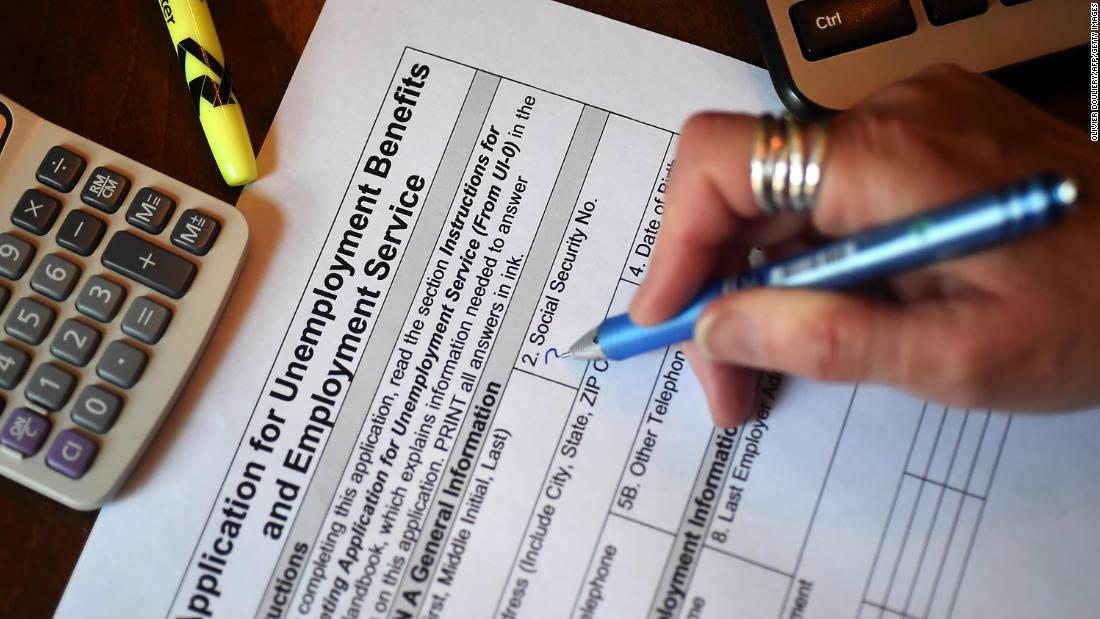“Today’s guidance opens the door of relief for workers who have faced difficult, if not impossible, choices between taking a job in an unsafe workplace to receive a stable source of income and protecting their health and that of their loved ones,” said Patricia Smith, senior adviser to the Secretary of Labor.
The Pandemic Unemployment Assistance program is now available for those who cannot work because they have a health problem that puts them at risk or because their children’s schools have closed, among other reasons. But the previous guidance issued under the Trump administration left some leeway for states to stop providing benefits to those who refused to work because of concerns about the safety of the coronavirus.
The new rules allow applicants to remain qualified, attesting that the job offered does not meet Covid’s safety standards, such as wearing a mask, walking away or providing personal protective equipment.
The guidance also expands eligibility for Pandemic Unemployment Assistance for workers who have been laid off or who have had their working hours reduced as a direct result of the pandemic and for school employees who work without a contract or guarantee of continued employment who face wage cuts or layoffs when schools are closed because of the outbreak.
And it allows those who quit their jobs to look after their children to continue to qualify for benefits after schools reopen.
The agency, which does not know how many people may be affected by the action, said it expects states to be unable to implement the new rules by the end of March at the very least. Benefits will be paid retroactively.
Dealing with benefit fraud
Addressing concerns about the unemployment insurance fraud that is sweeping the country and costing tens of billions of dollars, the agency said it will work more closely with states and provide more resources to fight fraud.
“So far we have adopted a state-by-state approach and that is not enough,” said Suzi Levine, one of the top deputy secretaries, who had to deal with the fraud explosion last year as head of the Washington state unemployment agency. . “We need a national approach to help work in partnership with the states.”
States were required to implement identity verification procedures as part of the December relief bill passed by Congress, she said.
But the “sophisticated criminal attack on our unemployment system” should not prevent those who qualify legitimately from receiving benefits, said Levine.
“It would be a mistake to ignore those most in need due to the actions of criminals, who have already complicated and delayed access to benefits for many people struggling with job loss,” she said.
